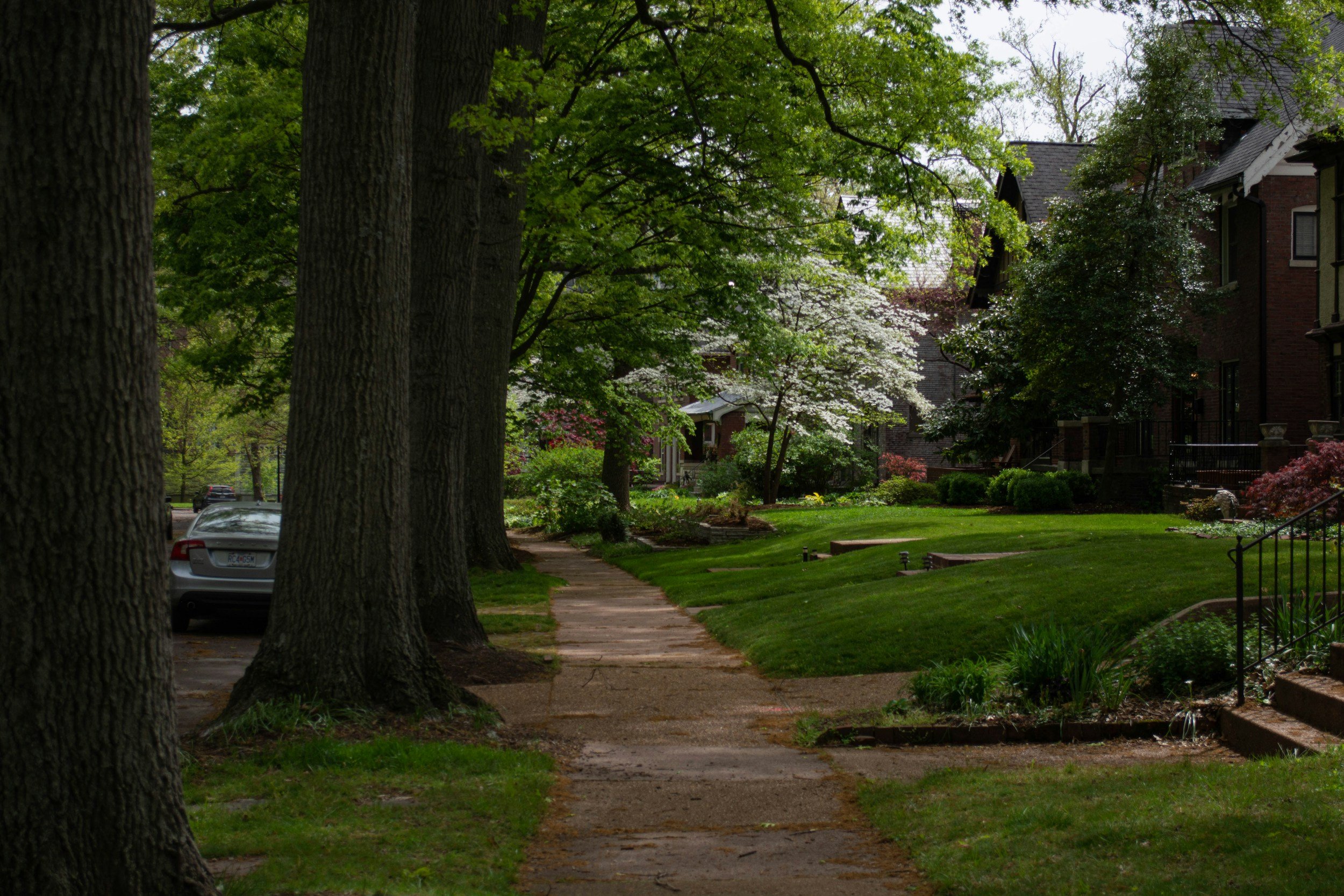
When communities act to welcome individuals displaced by climate, there is potential for misinformation and harmful narratives to take hold. Change creates uncertainty, which can drive apprehension and anxiety about what’s new – including newcomers.
Fear is a natural reaction to change, and it can usually be overcome with time and familiarity. Yet the issues of migration and climate have both become extremely politicized in recent years, with fear-mongering driven by partisan interests that equate both issues with narratives of scarcity and chaos. Civic leaders can anticipate and respond to these unproductive narratives by committing energy and resources to bridge-building and communications work.
Building Bridges
Contact theory hypothesizes that interpersonal contact between groups can reduce bias and prejudice. Connecting people, especially newcomers and longer-term residents, is a great way to promote this contact and bridge building. When designed intentionally, community events and projects can strengthen bonds and collaboration between community members.
Green Projects
Many green projects are ideal for this type of relationship building, whether that be conducting a neighborhood clean up or revitalizing a community garden
Workshops
Consider hosting inclusive workshops that educate the public on local ecology, or develop celebratory events that highlight local cultures and communities, with food, music, and art.
Welcoming Week
Welcoming Week, an annual event that connects neighbors and builds connections, offers an opportunity for your community to build bridges while reaffirming your commitment to welcoming.
What is Welcoming Week?
Celebrated in communities across the globe, Welcoming Week is an annual campaign that connects neighbors from different backgrounds through community-wide activities and celebrations. Welcoming Week provides communities the opportunity to publicly proclaim welcoming values, foster a mutual understanding between newcomers and longer-term residents, and build a deeper sense of belonging for all.
Events are the heart and soul of Welcoming Week. See the Building Capacity to Respond worksheet for tips on building inclusive events, and download this Welcoming Week event planning guide for additional ideas.
Communicating About Concerns
In addition to building connections between community members, it’s critically important for local residents to hear messages of preparation, progress, and capacity from their civic leaders. In responding to questions about climate migration, use the right message and messengers to reinforce a welcoming narrative grounded in the benefits of these policies and programs for all residents.
Understand the root of community members’ potential concerns about climate migration. Are economics, cost of living, or the job market driving apprehension? Acknowledge residents’ legitimate fears instead of dismissing them, and be prepared to answer questions, address concerns, and counter misinformation.
Engage trusted leaders to speak to concerned residents using language that resonates with their belief systems. In many cases, faith, nonprofit, or business leaders can be effective, trusted messengers, in addition to local government officials.
Reaffirm your community’s planning, preparation, and resilience to assuage community members’ fears and help them feel invested in supporting solutions that build future shared prosperity. Stay focused on the collective vision for the community and do your best to depoliticize your message. Discuss how welcoming and including newcomers into the community can benefit everyone socially, culturally, and economically.
RESOURCE
A proven communications framework developed by The Opportunity Agenda – Value, Problem, Solution, Action – is effective not only in making people feel heard, but also in introducing them to new ways of thinking about tough social issues, including climate and demographic change.

Worksheet
Conveying Difficult Information and Building Bridges
Some residents may be concerned or actively opposed to welcoming newcomers. Others may be skeptical of climate change preparations or sustainability initiatives. It’s important to address these residents’ concerns, answer questions, and counter information with a proactive, values-based response.
CASE STUDY
Lancaster, PA
Lancaster’s commitment to welcoming – along with its out-of-the-box strategies to advance access and inclusion for newcomers – have occasionally spurred pushback in both the city and surrounding county. City leaders are committed to continuous face-to-face dialogue with both supporters and detractors alike, and have developed a proactive, solutions-oriented approach to addressing the community’s concerns.


